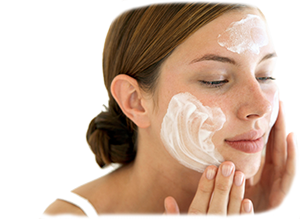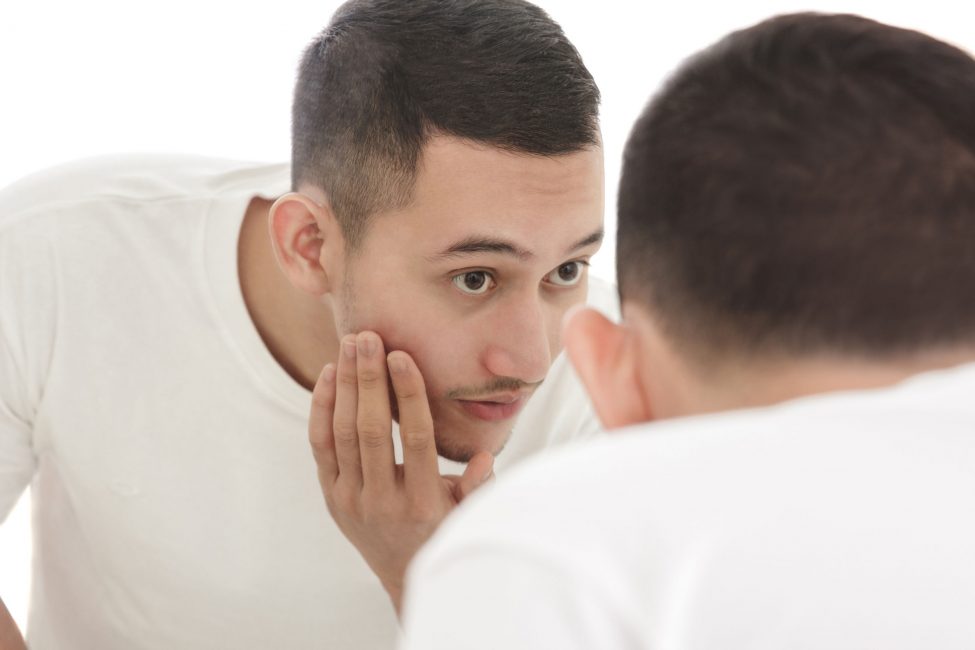
Five Common Causes of Acne
Five Common Causes of Acne
It’s pesky.
It’s unpredictable.
It’s stubborn.
It’s acne.
The peevish little pimples that pop up unexpectedly can be a nightmare for people of all ages. This is not just an issue for pubescent pre-teens: acne can affect anyone. In fact, nearly 95 percent of Americans will experience acne at some point in their lives!
So, what can be done?
First we need to take a look at what’s really happening:
Acne happens when excess oil and dead skin cells clog skin pores. This is most common on the face, neck, chest, and back because those areas have the highest number of natural oil glands. Overproduction of oil in glands causes clogging in hair follicles. Excess oil and dead skin cells plug up pores that often get infected with bacteria. Bacterial infections cause inflammation and redness and can produce whiteheads and blackheads.
What is causing overproduction of oil?
A number of things (that you may not have considered before!) can cause excess oil production and acne irritation:
1) Hormones
Yep, hormones are a major cause of oil overproduction. If you compound acne with voice cracks, growth spurts, and mood swings, teenagehood becomes awkward, embarrassing, and potentially depressing. Puberty can trigger oil glands to expand and overproduce. Extra sebum (oil) easily gets stuck in small hair follicles and causes clogs and pimples. These trigger hormones exist at low levels in most people. Other hormonal changes, like menstrual cycles and pregnancy, can engage these hormones and cause acne as well.
2) Stress
Stress does not cause acne itself, but it can trigger an increase in oil production and can irritate existing acne. Getting more sleep and relaxing can help reduce stress, oil production, and inflammation from acne infection.
3) Skin Irritation
Skin irritation may cause acne or make it worse. Under washing your face can leave sebum and dead skin cells on your face which can clog pores. People with acne should also be aware that washing their face too often can irritate skin and may cause acne. Any materials rubbing against the skin (like shirts, straps, bags, hair, pillowcases, sheets, etc.) irritate skin. These items also trap oil and dead skin cells next to the skin which can clog pores and may cause acne. Even just holding your phone to your face for too long or too frequently can cause pores to clog.
Avoid irritating your skin further by not picking at skin or touching pimples (avoid the urge to pop them!). Picking at skin can cause inflammation and can leave scars.
4) Medications
Over-the-counter and prescription medications often contain ingredients that may cause acne. Check with your medications for corticosteroids, androgens, and lithium. If they do contain these ingredients and you are concerned about acne, talk with your doctor and consider changing medications.
5) Diet
Foods rich in dairy or carbohydrates can trigger acne. Lots of people think that eating greasy foods may cause acne, but no scientific proof exists to support that idea. People with acne should monitor their diet to identify which foods (if any) may cause acne flare-ups.
How is acne treated?
Topical and pill-form treatments are readily available over the counter and by medical prescription. Acne treatments often dry out skin (because they work to dry excess oil!). Read labels and follow instructions for directed use.
Acne can often be treated at home. Take a look here for surprising techniques for treating acne.
Acne can be pesky, annoying, and embarrassing, but it is treatable. If you are having trouble treating acne at home, consult with a physician who can prescribe treatments and medications.

